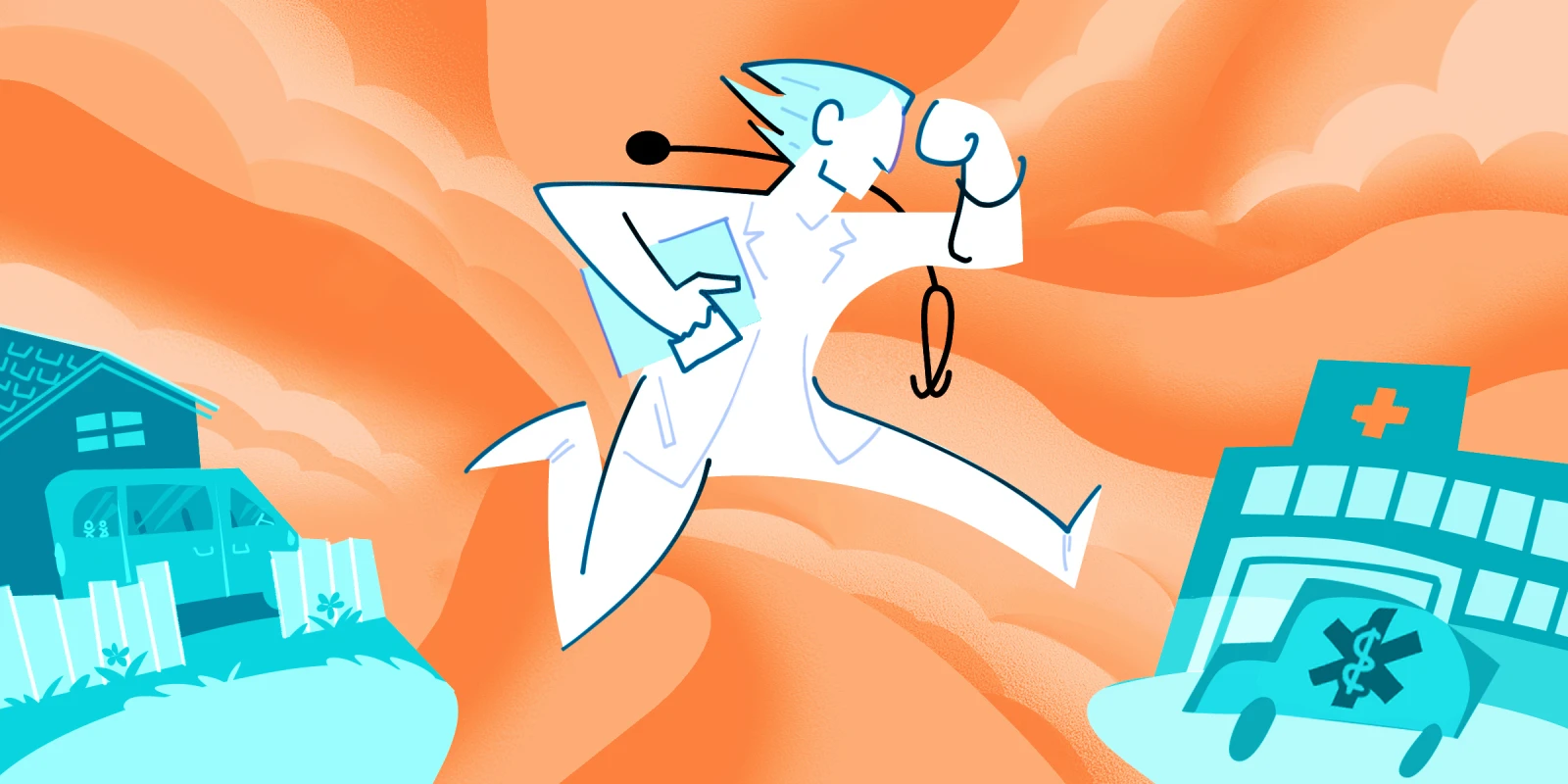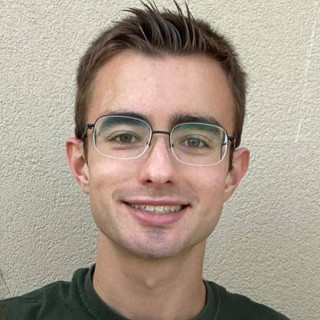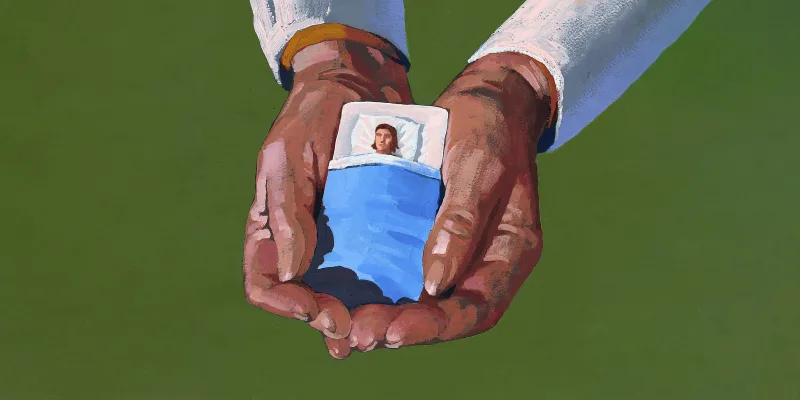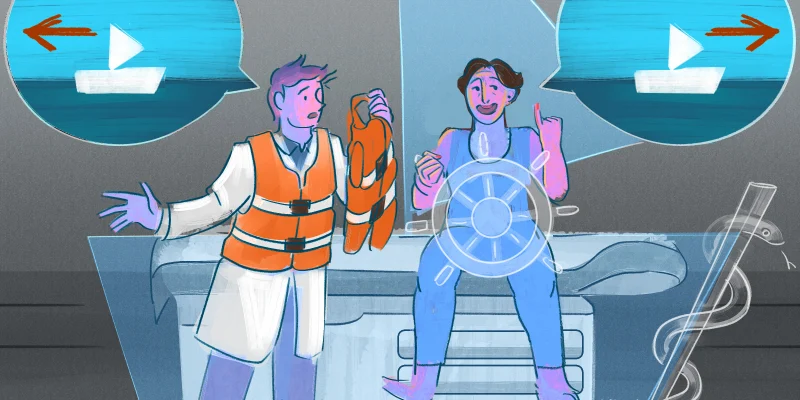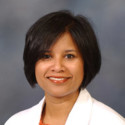“Hey, Mom. Just calling to say hi. Call me back when you can...”
I hit the "end call" button on my center console and turned my attention back to the road. The steady drizzle I encountered while walking out of the hospital had rapidly become a torrential downpour, one that matched my mood. We had often been warned by graduating medical students about the challenging nature of third year, but one needed to live through it to truly understand. I un-paused my podcast, “The Acute Management of HFref Exacerbation,” and tried to refocus my tired eyes on the road ahead. Maybe I’ll have time to call her tomorrow…
My internal medicine rotation has brought much clarity to my understanding of medical residency and the sacrifices young physicians make in the name of bettering patient care. A look around my workroom reveals exhausted faces, from the third-year medical students to the senior residents. News stories often point to long hours as evidence that medical residency is particularly brutal. After all, a headline titled “Medical Residents Protest 80-hour Work Weeks” is flashy enough to catch the layman’s attention.
Yet, the sacrifices young physicians make aren’t confined to within the hospital doors. The true cost of medical training is felt at home. When leaving the hospital, we can’t just leave our worries and fears about patients on the hospital steps. The terminally ill acute myeloid leukemia patient on 5S, the dementia patient with no family or discharge plan on 6S, the end-stage CHF patient struggling to breathe on 5W. They follow us, a weight on our shoulders.
Some days, this weight is easily shaken. For many of us, however, it hangs over us like clouds on a rainy day. Boundaries between work and leisure are vital for one’s well-being, yet I am still trying to master the formation of them. Even on my off days, thoughts about my patients and their illnesses surround my brain in a hazy mental fog, and it’s often up to my girlfriend to pull me back to reality. Once back, it doesn’t take much for my mind to fall back into memorization of various anticoagulation agents and their relative and absolute indications. Fears of failing my next exam or scoring poorly on my medical licensing exam instill upon me the belief that without frequent studying, I will fail to become a good physician.
Even with good work/life boundaries, the long hours spent inside the hospital disproportionately impact our quality of life outside the hospital. The limited time we have must be rationed among the people we care about most. Phone calls to old friends are a luxury that many of us can no longer afford. Trips back home to visit family are now a chore, one that must be planned meticulously in advance. Time spent away from significant others inevitably leads to disagreements about the best ways to spend our days off. To accept a life in medicine means also accepting a life of medicine.
Even with all these sacrifices, I’d still like to think that a life of medicine is worth it. We make these sacrifices in the name of healing. Every day, we go to work to help others. During my final evaluation with one of my internal medicine attendings, she spoke about the inherent value of medicine as a profession. In her words, serving patients is a privilege, one that we are lucky to take part in. After several weeks, her parting words still replay in my mind. Despite all the faults present in medicinal training and patient care, she is right. A life of preventative medicine is worth these sacrifices. A life of patient care is worth these sacrifices. And a life of healing is most certainly worth these sacrifices. I’d like to think that if done properly, few professions are as virtuous as ours.
What sacrifices have you made in your career? Share in the comments.
Lachlan is a second-year medical student attending the USF Morsani College of Medicine. His interests include neurological research, medical humanities, and running. He is a 2022–2023 Doximity Op-Med Fellow.
Illustration by April Brust
